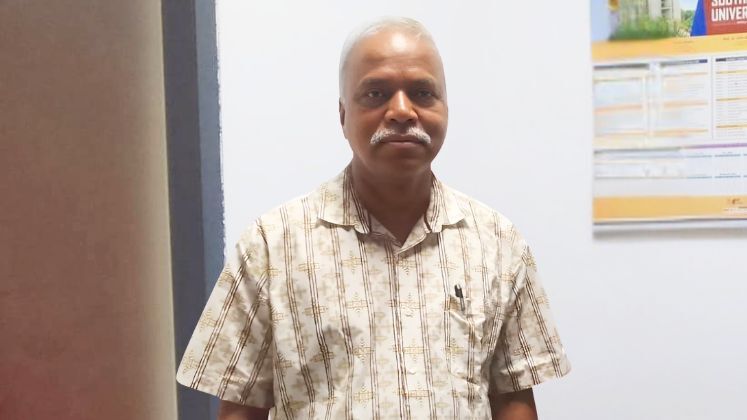
The Labour Reform Commission chairman Syed Sultan Uddin Ahmed emphasised the need to extend the safety standards established in Bangladesh’s ready-made garment (RMG) sector to other industries across the country. Speaking in an interview, he highlighted that while safety measures have significantly improved since the 2013 Rana Plaza disaster, further efforts are essential to safeguard workers nationwide.
The Rana Plaza collapse, which claimed over 1,100 lives and marked the deadliest industrial accident in Bangladesh’s history, served as a wake-up call for the nation’s industrial safety protocols.
Following the tragedy, safety standards in the RMG industry saw notable progress, driven by initiatives such as the Alliance for Bangladesh Worker Safety and the International Accord for Health and Safety in the Textile and Garment Industry. These agreements facilitated the implementation of stricter safety measures, leading to improved working conditions in the garment sector. However, Ahmed pointed out that there are still areas needing attention, including the adequacy of compensation for workplace accidents.
He criticised the existing compensation amount of Taka 2 lakh (approximately US $ 2,200), describing it as insufficient in covering the true costs incurred by workers or their families in the event of injury or death.
The commission chief also stressed the importance of improving building safety across all industrial sectors to prevent future tragedies. He recommended three key measures for the Government:
Make public the reports of the Rana Plaza collapse investigation and take appropriate action based on findings. Replicate the safety frameworks of the Accord and Alliance in other sectors, as these initiatives successfully enhanced safety in the garment industry. Strengthen governance in all sectors to create an environment where workers can freely voice safety concerns. Ahmed emphasized that suppression of workers’ voices contributed to the tragedy at Rana Plaza and that empowering workers could save lives.
He also highlighted the role of local administration officials, such as the Upazila Nirbahi Officer (UNO) of Savar, criticising their failure to enforce safety measures.
Another pressing issue raised was Bangladesh’s ratification of International Labour Organization (ILO) Convention 121, which addresses compensation for workers affected by industrial accidents, including loss of future earnings. Ahmed underscored that ratifying this convention would ensure fair payments to injured or deceased workers.
The chairman disclosed that he submitted his labor reform recommendations to Chief Adviser Professor Muhammad Yunus earlier this week. He also pointed out that many safety committees in factories are often formed merely to satisfy legal requirements and appease foreign buyers, rather than genuinely ensuring worker safety.
Data from the Department of Inspection for Factories and Establishments (DIFE) revealed a significant increase in safety committees, from 1,107 in 2021-22 to 5,959 in 2022-23. Of these, 3,269 committees operated within the garment sector, while 2,690 served non-garment industries.
As Bangladesh continues to develop its industrial safety standards, experts and officials agree that adopting the successful safety models from the RMG sector across all industries is vital to prevent future tragedies and protect workers’ rights.






